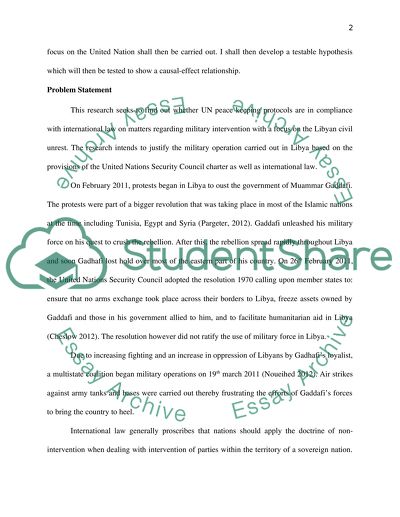Cite this document
(“From the perspective of UN peacekeeping operations, was the Essay”, n.d.)
Retrieved de https://studentshare.org/history/1491716-from-the-perspective-of-un-peacekeeping-operations
Retrieved de https://studentshare.org/history/1491716-from-the-perspective-of-un-peacekeeping-operations
(From the Perspective of UN Peacekeeping Operations, Was the Essay)
https://studentshare.org/history/1491716-from-the-perspective-of-un-peacekeeping-operations.
https://studentshare.org/history/1491716-from-the-perspective-of-un-peacekeeping-operations.
“From the Perspective of UN Peacekeeping Operations, Was the Essay”, n.d. https://studentshare.org/history/1491716-from-the-perspective-of-un-peacekeeping-operations.


